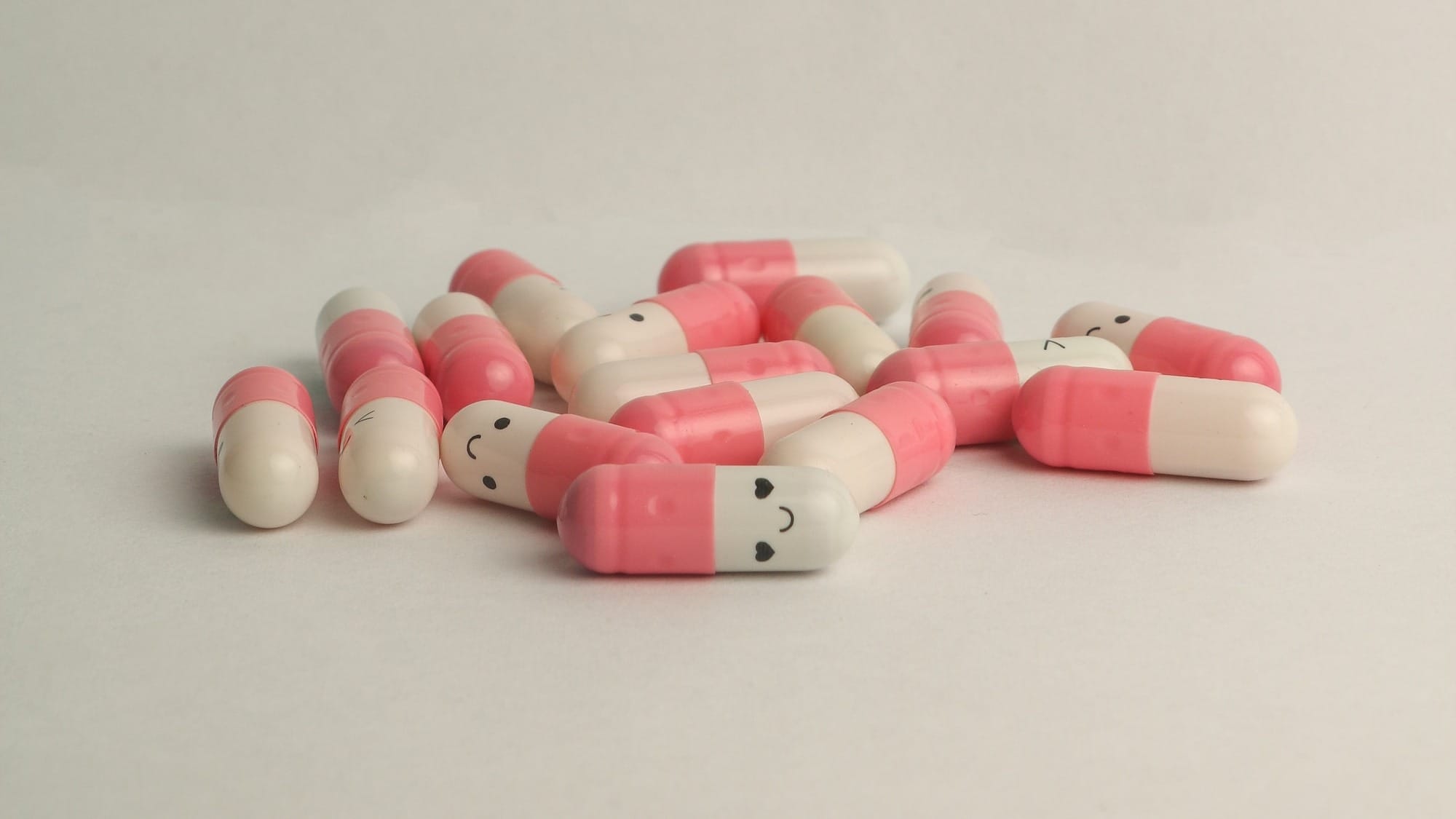Structure Therapeutics, a leading biotechnology company, announced a significant breakthrough as it revealed promising results from a mid-stage trial of its experimental diabetes and obesity pill, GSBR-1290. The oral medication demonstrated remarkable efficacy in reducing weight in obese patients, with an impressive nearly 5% weight loss observed after just eight weeks of treatment.
GSBR-1290, part of the GLP-1 agonist class of diabetes and obesity treatments, stands out as a potential game-changer in the field. Unlike the existing GLP-1 agonists such as Novo Nordisk’s Wegovy and Ozempic and Eli Lilly’s Mounjaro and Zepbound, which require injections, GSBR-1290 offers the convenience of oral administration.
The Phase 2a study conducted by Structure Therapeutics involved 94 patients, divided into two cohorts, one consisting of obese individuals and the other of patients with type 2 diabetes.
Among the obese patients, an average weight loss of 4.74% was observed in those who received GSBR-1290, compared to a mere 0.8% weight loss in the placebo group. The actual weight loss was even more substantial, with GSBR-1290 patients shedding 5.6% of their initial weight. For patients with type 2 diabetes, a reduction of 1.01% to 1.02% in hemoglobin A1c (HbA1c) and a 3.3% to 3.5% decrease in weight were reported at the 12-week mark, when adjusted for comparison with the placebo group.
Structure Therapeutics’ Chief Executive, Raymond Stevens, expressed optimism about the results, stating, “We’re clearly showing a very, very good trend downwards in terms of weight loss.” He added that by the end of the 12-week study, GSBR-1290 is expected to demonstrate efficacy comparable to that of Lilly’s orfoglipron, another GLP-1 pill in development.
This announcement comes in the wake of Pfizer’s decision to halt the development of a twice-daily obesity pill due to high rates of side effects leading to patient dropouts.
One particularly encouraging aspect of GSBR-1290 is its safety and tolerability profile. Among the 60 participants who received the medication, only one discontinued the study due to adverse events related to the drug. The most common side effects reported were nausea and vomiting.
Structure Therapeutics anticipates releasing full 12-week results from the obesity cohort of this trial in the second quarter of 2024. The company is gearing up to launch a larger mid-stage study in the second half of the next year and plans to initiate a late-stage Phase 3 trial in 2026.
Companies developing GLP-1 drugs have also become attractive targets for acquisitions and licensing deals. Roche recently acquired obesity drug developer Carmot Therapeutics for $2.7 billion upfront, while AstraZeneca agreed to pay up to $2 billion for the rights to an experimental pill from China’s Eccogene.
Stevens added, “We believe that we need a strategic partner for the Phase 3 and commercialization. We have been getting inbound interest – we’re going to evaluate those very carefully, and choose the right partner that we believe that we can work with the best to really develop this drug.”





